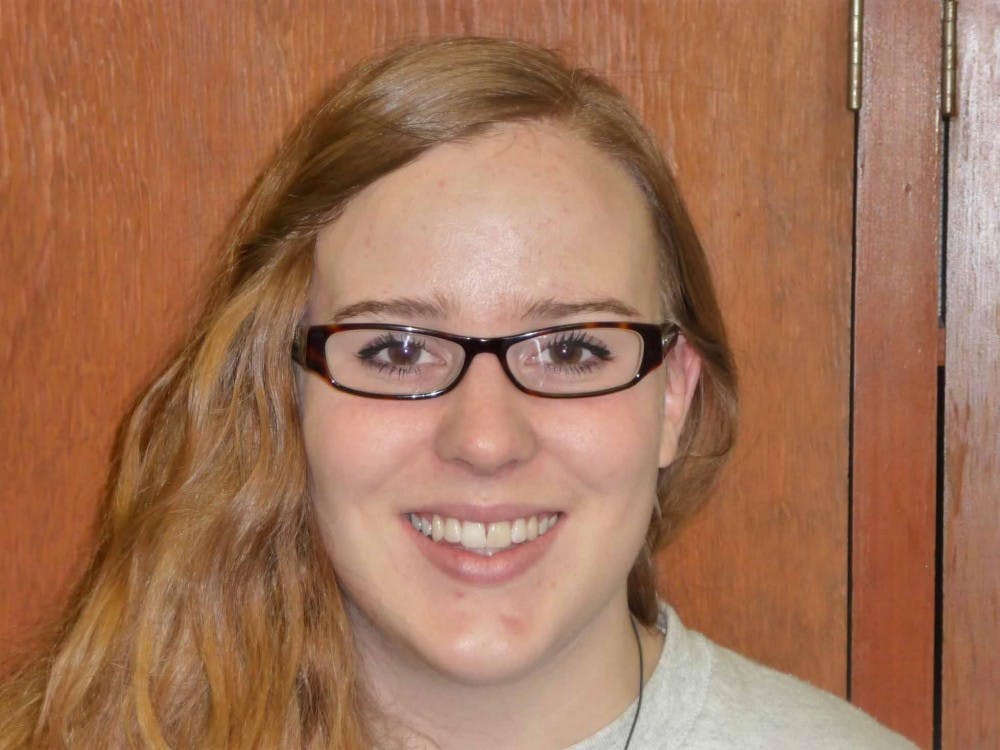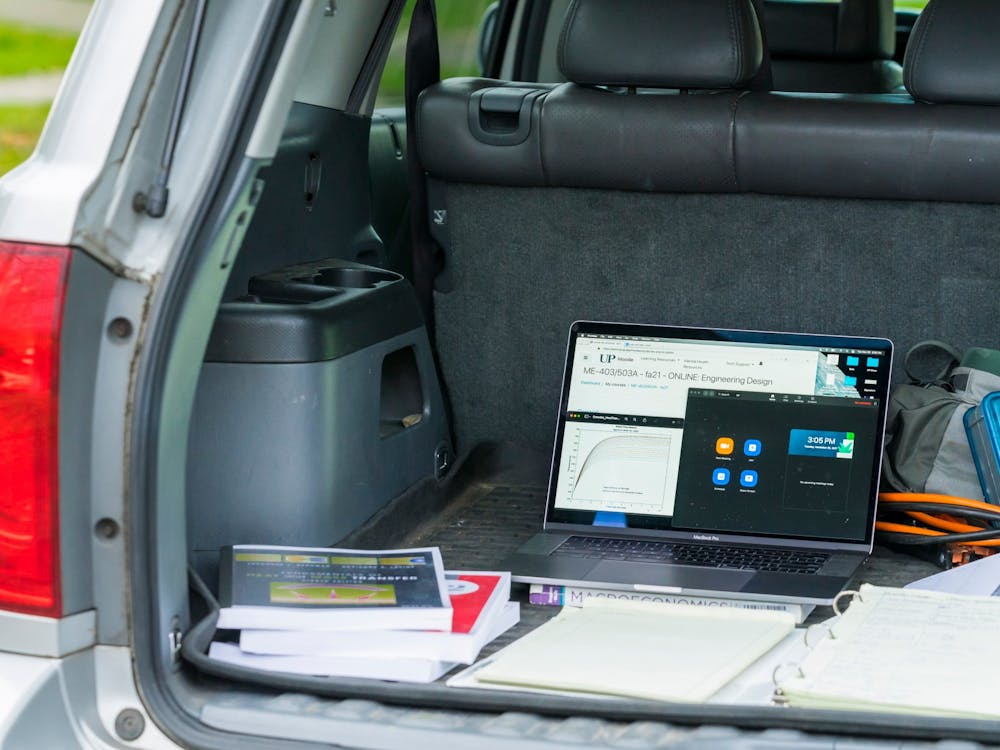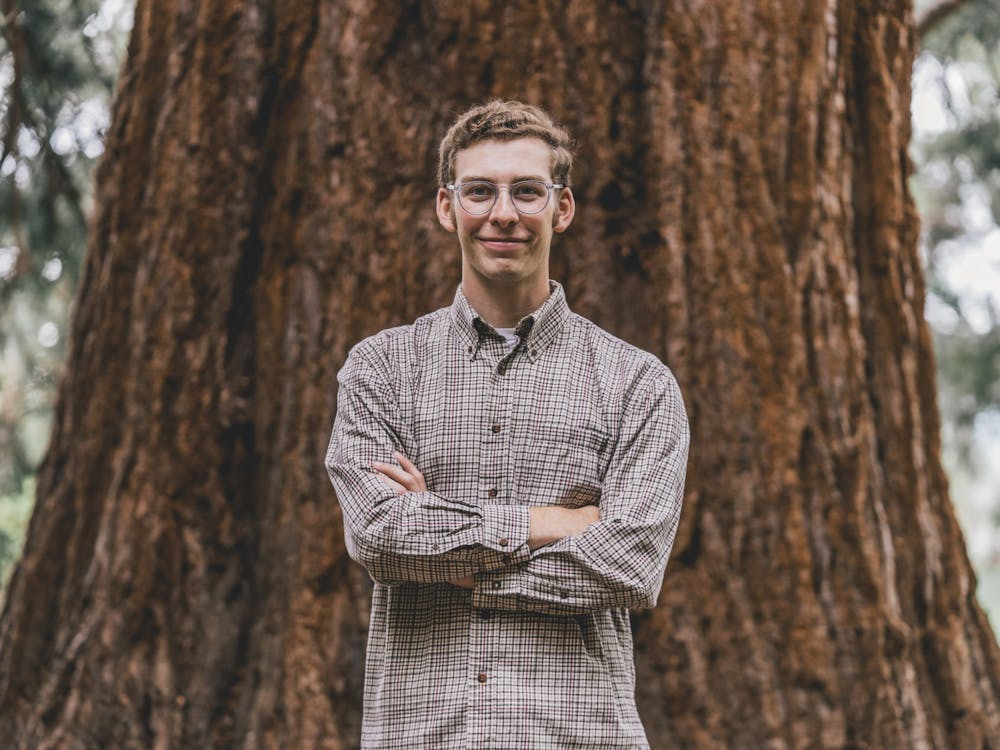(image courtesy of complicatedwiki.com)
By Lisa Nims
As a child, I was constantly reminded to appreciate my food because there were starving people in Africa who didn't have any. It wasn't until I got older that I realized that the starving people aren't just in Africa, they are everywhere.
Global hunger has become a growing problem. The global economic crisis has increased food costs and depleted the world's reserves. The road to food security is long, but that should not leave you without hope.
The children dying of malnutrition and the families forced to live on less than a dollar a day are never far from our minds, but it is not often that we really dwell on what it means to be truly hungry. That's where Hunger Awareness Week comes in: a week dedicated to intentional mindfulness about the issues of hunger and the people that are affected by it. It is a time when students can engage in conversations about policy and commit to a focus on solidarity. It is an opportunity for students to become active members of their global community.
The week kicked off with a movie about hunger shown in The Commons to address some of the causes of the global food crisis. On Tuesday, over 120 students participated in a 12-hour hunger fast to be in solidarity with those who suffer from hunger. Tonight at 5:30 there will be a Hunger Banquet which allows students to participate in an interactive exposure to hunger disparity. The asked donation is $5 and the profits will go to Catholic Relief Services to address hunger issues. On Friday, students will go out and volunteer at local agencies that address the hunger plaguinging our own community.
We have seen what UP students can accomplish when they get engaged and excited. With this in mind, it is my hope that Hunger Awareness Week will spark something in a whole new generation of movers and shakers, that students will become a part of the discussion and question the policies and failures that contribute to the gigantic issue of global hunger. I hope that students will think about how they can become a part of the solution and move forward with a commitment to change things.
Food security is something that only 15 percent of the world is lucky enough to have. I challenge you to ask yourself: "What about that other 85 percent?"
For more information on how to get involved, contact the Moreau Center at moreaucenter@up.edu
Lisa Nims is a sophomore social work major. She can be contacted at nims13@up.edu.
(The Beacon)








